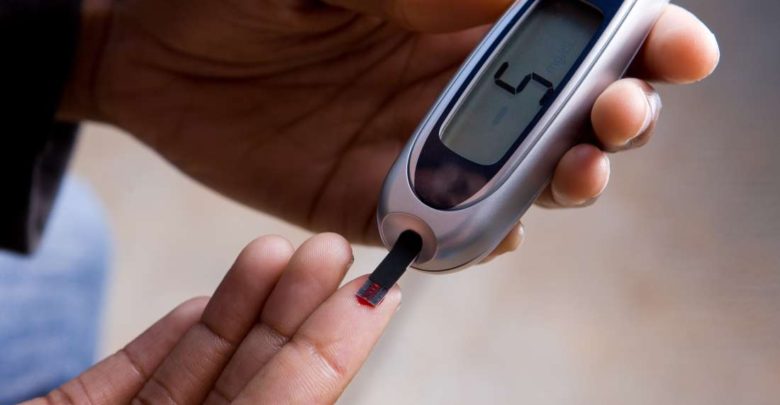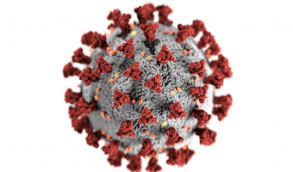
As we grow older we are more prone to diseases. While the concept of an apple a day works, we still need to visit the doctor. It’s important to have regular health checks to detect potential health problems. Below are 8 Medical Tests Every Adult Should Get Done.
1. Skin checks
Skin checks are helpful for cancer prevention. Make sure to asses one’s skin once every month.
2. Cholesterol check
A Cholesterol test will measure your levels of total cholesterol, HDL (good) cholesterol, LDL (bad) cholesterol, and triglycerides. A healthy total cholesterol goal should be below 200 mg/dL. These checks will help to prevent diabetes and heart diseases.
3. Pelvic exam and Pap smear
Every woman 21 years old or older should have a pelvic examination or Pap smear every 3 years. This test is conducted to check for signs of cervical cancer. Both tests look for changes in cells that could indicate a need for further testing, like a biopsy.
4. Diabetes
All adults should get checked for diabetes at least 2 times a year since it does not show any symptoms at an early age.
5. Hepatitis
Hepatitis refers to an inflammatory condition of the liver. There are 5 types of hepatitis, Hepatitis A, Hepatitis B, Hepatitis C, Hepatitis D and Hepatitis E.
6. Blood cancer
There are 137 different types of blood cancer but the 3 main types are leukemia, lymphoma, and myeloma. Blood cancer can often be diagnosed through a simple blood test which helps detect the following:
7. Bone density test
As people get older, bones get weaker and more so in women.It’s important for evry adult to have their bone density checked. This helps identify bone diseases such as osteoporosis. X rays will reveal low bone density. Your doctor will recommend that you consume at least 1,000 mg of calcium and 400 to 800 IUs of vitamin D daily.
8. Urinalysis test
A urinalysis test is used to screen urine for early signs of diabetes, kidney disease, liver disease, urinary tract infection, and more.




